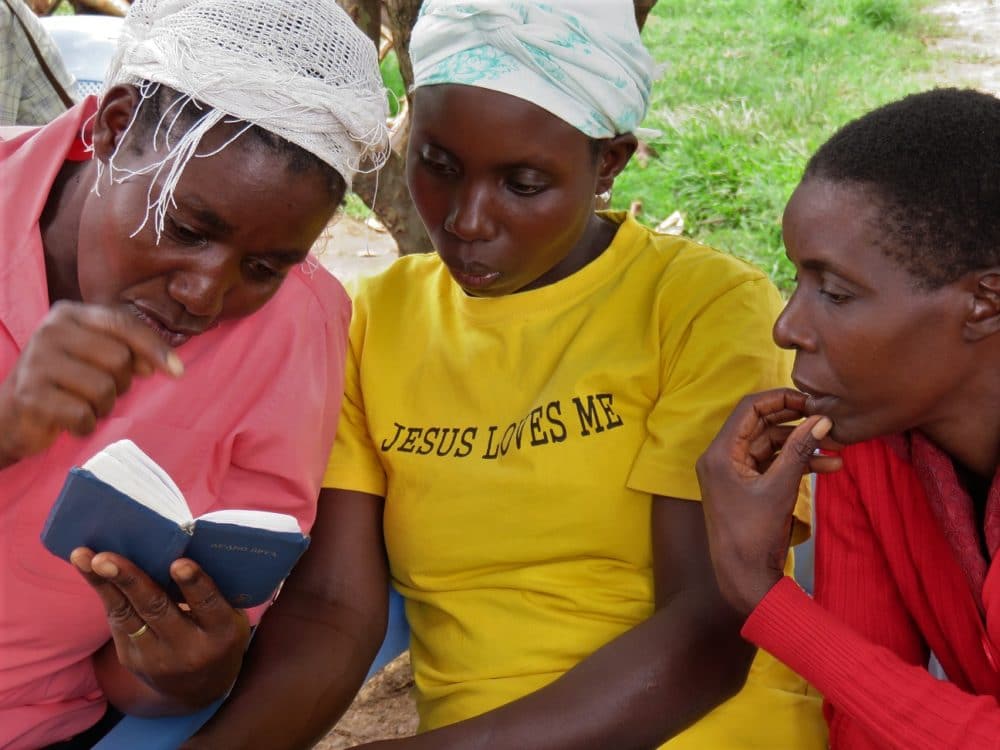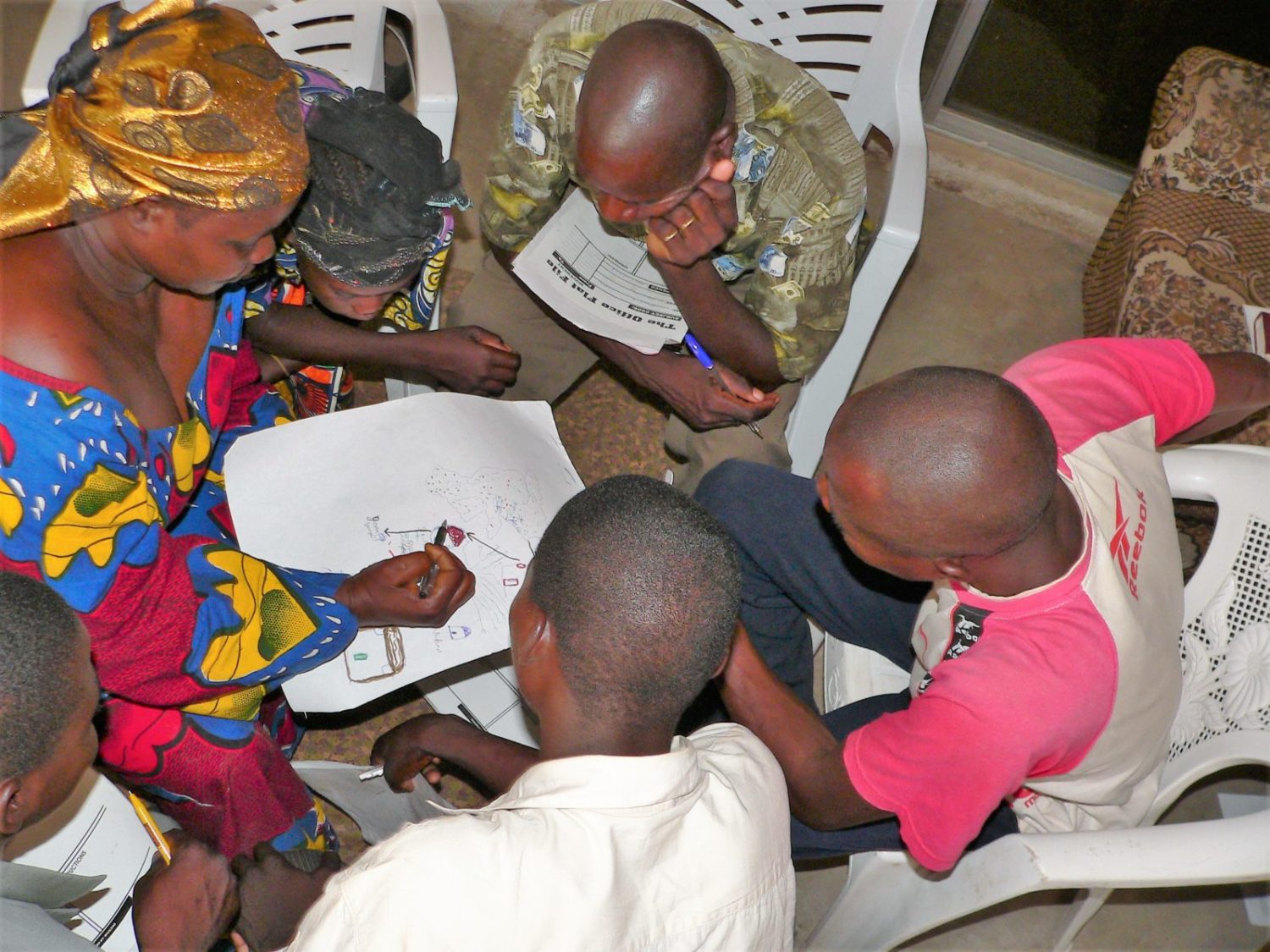Ever heard the phrase, “Never listen to your critics?” It’s popular in business circles. I get it! Critics of Disciple Making Movements abound. We shouldn’t waste time defending ourselves, arguing with those who disagree with us. Why not invest that time in evangelism and disciple making instead?
We never want to come under a spirit of controversy. But, Solomon said in Proverbs 15:31, “If you listen to constructive criticism, you will be at home among the wise” NLT. Sometimes we ignore critics and sometimes we consider what they say. It is good to know how to filter criticism. We should not be confused by it. We must learn how to weigh it with grace before the Lord. One of the major criticisms of Disciple Making Movements is that its discipleship is weak and ineffective.
For the most part, this is simply not true. Instead, we find the exact opposite. Normal principles and practices of Disciple Making Movements lead to deeply transformed lives. Disciples in movements grow in both maturity and the ability to lead others to follow Christ.
One Woman’s Rapid Growth As A Disciple
Her name was Ruby. She was a gem! When she came to know the Lord she immediately began to grow. Each week she attended a story group/discovery Bible study. In that group, they learned a simple story from God’s Word. They then repeated the story back until everyone in the group could say it. Then, the group discussed it. They talked about what they had learned about God, people, and how it applied to their lives.
Ruby was surprised that her voice, as a woman, was being heard. At first, she held back and didn’t say much. But when the leader asked her what she thought, she shared. Her perspectives and insights were amazing! It was so clear that the Holy Spirit lived inside of her though she had only been a believer for a few weeks. God himself was revealing things to her through scripture. As she shared those insights, everyone learned new things.
Within a few months, Ruby began to lead the story sessions. She learned the story ahead of time and then led the group. She began sharing the gospel with her family. Her brother came to faith when visiting. One of her neighbors was suicidal. She told her of God’s love, stopping her from taking her own life.
As she studied scripture in this simple way, her marriage improved. Since he had also believed, they started saving money. They were able to improve their little shack in the slum. Over a period of a year, she memorized and could accurately retell more than 40 Bible stories to anyone she met. She and her husband began to give an offering from what they earned to God’s work. Within a year of coming to faith, Ruby was a strong, faithful disciple.
“Go and make disciples of all nations.” Matt. 28:19
Much More Than Evangelism
Do Disciple Making Movements actually make disciples? Do they fulfill the Great Commission? The critics of Disciple Making Movements ask these things.
There are many different approaches used in Disciple Making Movements around the world. The two most well-known are T4T (Training for Trainers) and DBS (Discovery Bible Study). Most other approaches are some kind of combination of these two. Mission Frontiers has a great comparison between the two.

In the T4T book developing both a short and long-term plan for discipleship is described. Both of these are vital to see a movement grow in both size and depth. Ying Kai emphasizes using Baby Lessons. These to get people started in their early discipleship.
In the movements I’ve been involved with, we move from Baby Lessons (a great beginning) to a year-long discipleship story set. Most of the cultures we work with are oral cultures so the use of stories for learning is key. Ying recommends a list of scriptures to go through using another simple Bible Study approach. A large movement leader in India that I know used the book “Why Not Women” for their discipleship plan. The methods in DMMs vary.
Two Common Characteristics Of All DMM Approaches
There are two common factors to all these approaches. First, they all use participatory learning. Each person has a chance to interact with scripture. They share their thoughts and experiences. Every disciple in the group listens to the Holy Spirit. They then contribute to the learning process.
Second, all the methods emphasize an immediate application to real life. At the end of the study, every member makes a decision about what they will do to obey. Not only do they do that, they also practice friendly accountability. The next week’s study starts with a question about the prior week’s application. “How did we do at obeying what we learned last week?” they ask.
Participatory learning and immediate application with accountability are major keys to quality discipleship. They are a wonderful way to rapidly help people grow into genuine and active disciples of Jesus.
Moving from “Sage on the Stage” to “Guide on the Side”
Daniel Lim is the Director of Church Multiplication with Life Way. He wrote a book called, “No Silver Bullets”. In it, he challenges North American pastors to make small shifts in the ways they do discipleship. Small changes, he calls them “micro-shifts”, greatly increase the ability of churches to produce mature disciples. His book is based on a thorough study of discipleship effectiveness done by Life Way. It includes real data, not just his opinion.
Chapter Six focuses on one of these small changes. It is how we disciple adults. He encourages pastors to use participatory learning. We need to shift from being a “Sage on the Stage” to a “Guide on the Side.”
As I listened to his book, I thought, DMMs do that! There are no big pastors who teach everything (Sage on the Stage) while everyone else sits in a chair and listens. Instead, each new disciple learns and contributes! DMMs natural practices do a good job of developing mature disciples.
Respect The Critics Of Disciple Making Movements, But Be Confident
I learned long ago that God works in many different unique ways to reach people. There is not only one way to make disciples among the unreached. As soon as we say, “This is the only way to make disciples,” God will do something new. He doesn’t put His anointing upon pride or particular methods. He puts His anointing on people who honor Him and honor others.
When you hear critics of DMMs, be respectful in what you say back. But be confident. Disciple Making Movements are a truly great way to make disciples!
Oral Culture Baby Lessons

Sign up to learn how to use the Oral Culture friendly Baby Lesson set for short term discipleship.




Comments
Pingback: A Mission Mobilizer's Journey - YWAM Frontier Missions
The one I want to comment on is the second picture that have ” Short Term Team a Blessing or a curse? To me it is a great Blessings, we share the Gospel Message based on individual understanding after moving in two’s. This give everyone opportunity to say something about the Death and Resurrection of Christ Jesus for the Redemption of our sins and at the end we give opportunity for the listeners to ask questions based on what they heard. Finally opportunity is giving for the person to accept the Gospel message by confessing his or her sins after acknowledging the great sacrifice of Christ Jesus to all. There he accept Christ Jesus as his or her Lord and saviour. After this we pray for all that we met review our outing, ask questions and share approaches.
I with my small Team will plan for follow-up and Discipleship class.
Thanks and God bless🙏🙏